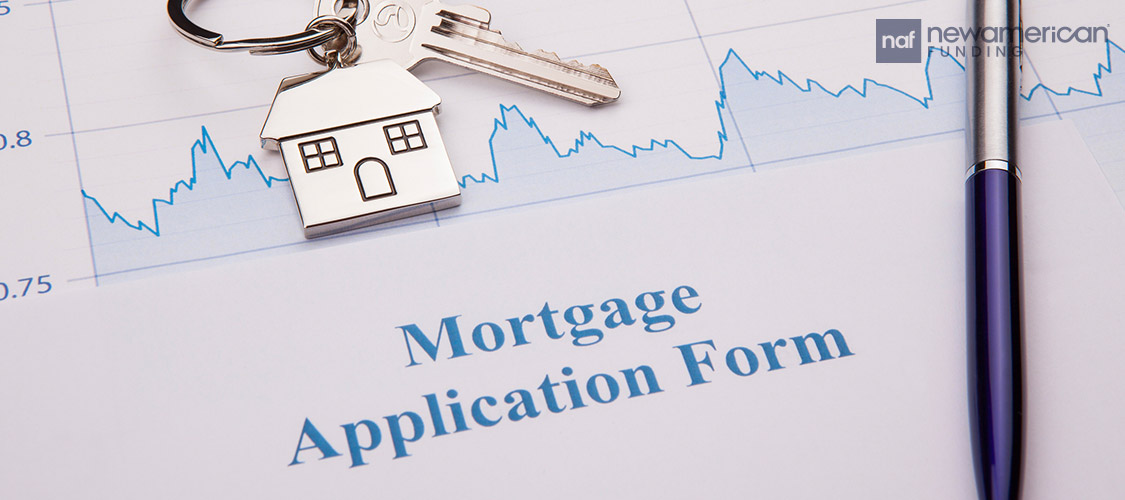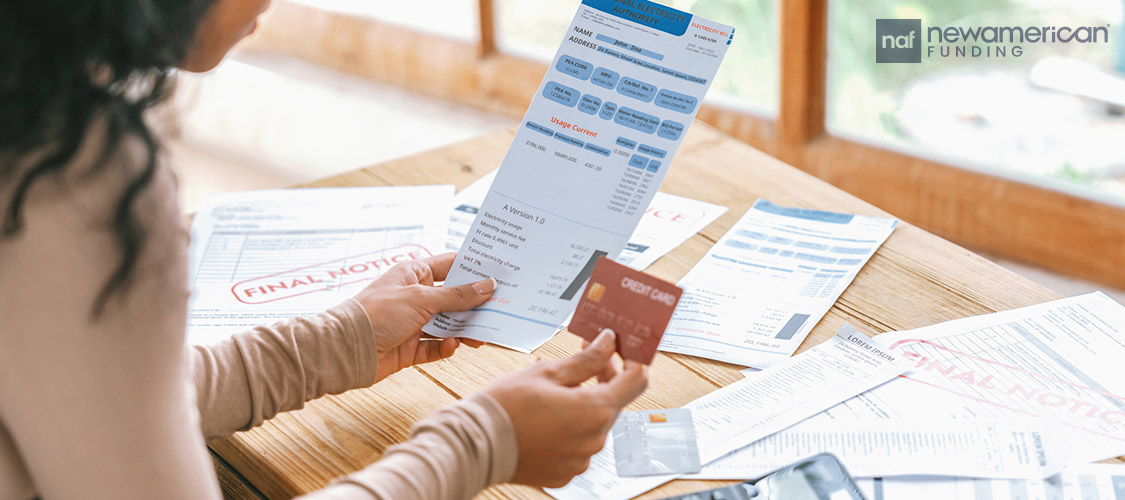Homeowners
Mortgage Rates Are Falling. Should Homeowners Refinance Their Home Loans Now—Or Wait?
August 8, 2024
With mortgage rates falling to their lowest level in more than a year, many homeowners are now wondering if this could be a good time to refinance their existing loans.
Refinancing your mortgage involves replacing your current loan with a new one, usually to take advantage of lower interest rates, reduce monthly payments, or access home equity.
The recent drop has made many homeowners, especially those who got higher rates last year, rethink their mortgage terms. However, with potential further drops in the pipeline, the question remains: should you act now or wait for even better rates?
"When rates drop to certain levels, you open the door to a wider pool of borrowers who can benefit," said Raymond Williams, executive vice president of Consumer Direct for New American Funding. "It's not just about saving money—it's about security, peace of mind, and making sure you're in the best financial position."
Mortgage rates fell to an average of 6.09% for a 30-year fixed-rate mortgage for the week ending Sept. 19, 2024, according to data from Freddie Mac.
While the U.S. Federal Reserve cut interest rates in September, experts caution that future mortgage rate declines are not guaranteed. (Mortgage rates are separate from the Fed’s interest rates, although they tend to move in the same direction.)
When to refinance a mortgage

Homeowners who are locked into mortgages with higher rates may want to weigh the financial pros and cons of refinancing their home loans now.
"If you got a mortgage at 7.5% or 8%, today's rates are a bird in the hand that represents tangible savings," said Greg McBride, chief financial analyst for Bankrate. "If mortgage rates did drop materially lower in the next 6 to 12 months, refinancing a second time could be beneficial."
However, refinancing may be more important for homeowners with adjustable-rate mortgages (ARMs). That’s because the interest rates on these loans generally are fixed for the first five, seven, or 10 years of the loan and then reset to current interest rates.
"If you have an adjustable-rate mortgage due to reset before the end of the year, now is the time to refinance and lock in the certainty of a fixed rate," said McBride.
Securing a lower, fixed rate could lead to significant long-term savings, especially for those who received higher rates.
For example, refinancing from an 8% rate to 6% on a $400,000 loan could reduce monthly payments by more than $500. That’s a savings of nearly $6,500 a year.
Refinancing can also provide an opportunity to consolidate high-interest debt into a lower-rate mortgage or provide the cash needed for home improvement projects.
"People still have to live their lives. They're tired of waiting—whether it's putting in a pool or covering college costs, life moves on," said Williams. "With credit card rates now at 25% to 30%, refinancing offers a way to manage those rising costs and find some financial relief."
How much does it cost to refinance a mortgage?

Before deciding whether to refinance your mortgage, it's important to weigh the costs of refinancing against the potential savings.
Refinancing usually costs between 2% and 5% of the loan amount. This includes fees for starting the loan, having an appraisal done, and securing title insurance.
These expenses can add up, so it's vital to calculate the breakeven point. This is the time it will take to recover these costs through lower monthly payments.
For example, if you refinance that $400,000 loan from 8% to 6%, you may save more than about $500 per month. But if closing costs are about $10,000, it could take more than 18 months to break even.
If you plan on staying in the home for more than that, this may save you money. But if you anticipate putting the property on the market and moving in 18 months, a refinance may not make financial sense.
Homeowners should also consider that a refinance could mean it takes longer for you to pay off your loan. For example, you could have 28 years left on your mortgage but replace it with a new 30-year loan.
"It's a math equation. It's either worth it or not," said Williams.
How soon can you refinance a mortgage?
Not every homeowner may be able to immediately refinance their mortgages.
A six-month payment period is also required before refinancing Department of Veterans Affairs (VA) and Federal Housing Administration (FHA) loans. If you closed your loan in April or May 2024, you might not be eligible yet.
This doesn't apply to Conventional loans, so knowing your loan type is key.
The bigger picture on refinancing a mortgage

Ultimately, you decide whether you should refinance based on your situation and what makes sense for you.
In today's market, 6.5% or 6% mortgage rates may still be among the lowest available options for borrowing or consolidating debt.
"Many people are using this opportunity to fix their financial problems now, knowing they'll likely refinance again in the future," said Williams.






 Smart Moves Start Here.
Smart Moves Start Here.